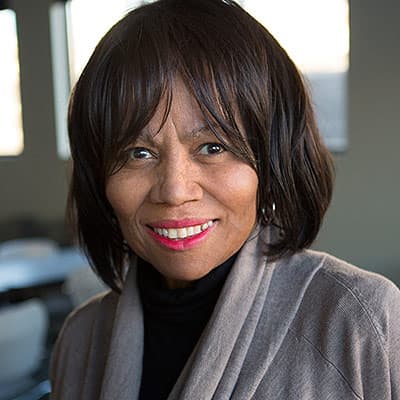Advertisement
The Other Side Of Domestic Violence
ResumeOne of the many repercussions from the recession is a rise in domestic violence. Nationally, three out of four shelters report an increase in women seeking help. In Massachusetts, sexual assault and domestic violence programs are experiencing increases in demand from 30 to 100 percent — and the cases are more violent.
Experts cite a change in economic status as a primary cause.
Despite the growing number of women seeking help, there are still many victims in the shadows — male victims. Research shows women assault their partners nearly as often as men.
Professor Murray Strauss, co-founder of the Family Research Laboratory at the University of New Hampshire, has done extensive research on domestic violence against men, but says that, in general, we don't hear much about it.
"We're more concerned about women being attacked than men — as we should be — because women are more vulnerable; women are more likely to be injured," Strauss said. "We should give priority to assaults by men, but we shouldn't ignore assaults by women."
Violence isn't always physical
Services for male victims of domestic abuse are difficult to come by. Jan Brown, director of the Domestic Abuse Helpline for Men & Women, said there is a recurring pattern to what she hears in phone calls from men. "The physical attacks, guys will say, 'Well, I can take that. It's not that bad,' " Brown said. "But it's the psychological abuse that is usually most devastating to them."
"Domestic violence isn't just about physical injury," Brown said. "We've opened it up to mental, emotional abuse also. And men are more fearful of losing their children, losing their reputation, losing their property. All that psychological abuse that female abusers use, just as men have used, too."
Brown said male victims of domestic violence are less likely to come forward than are female victims, because of the greater degree of shame that comes from admitting they're being abused. "Many men are brought up to be tough, take it like a man and don't talk about your problems," Brown said. "And the other side of it is, there's no outreach for men as victims of female violence."
A man who is being abused may not even know to think of himself as a victim of domestic violence. "Just like 30 years ago, or more, women didn't know — we didn't have a name for it," Brown said. "Today we don't have a name for what's happening to men. Yet."
Brown said men rarely have a place to turn in their communities, despite there being more than 2,000 domestic violence shelter programs in the country. "I myself have made calls to many of them, trying to find out services they offer," she said, "and many times I've gotten, 'We don't help men. I don't know what to tell ya.' "
Finding shelter and support
"Shelter is the hardest thing for men to find," Brown said. Even if a shelter program does offer services to men, those may not match the services offered to women. "Sometimes they'll say, 'Have 'em give us a call,' and it'll be phone support offered, maybe a one- or two-night hotel voucher, some court advocacy — but that's it," Brown said.
She recalled one incident in particular in which her organization had to pay for a bus ticket to send a man from Boston to New Mexico, just to find him safe shelter.
She tells the men she speaks with to make sure they are able to prove that they are victims. "Through pictures, through emergency room visits — reporting the injuries," she said. "Talk to the police. Create a paper trail."
Other times, Brown said, shelter programs direct male victims to homeless shelters, "which does not have the security and benefits that a domestic violence shelter program has."
Since Brown founded the Domestic Abuse Helpline for Men & Women in 2000, she said she's seen some change, most in the form of growing awareness among the public. But that newfound awareness hasn't been represented in service programs, she said, which badly need to adopt a more "open-minded" attitude.
"It's a challenge," Brown said. "No doubt it's a challenge."
This program aired on July 23, 2009.
